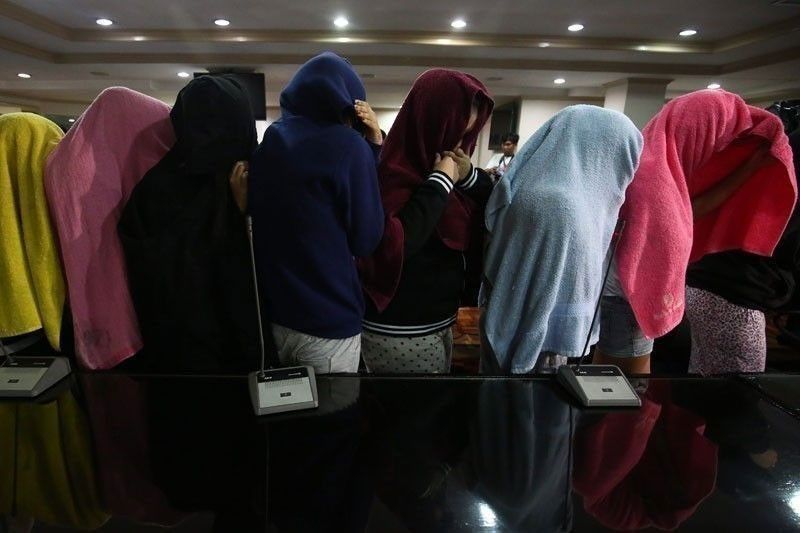BI cites rising cases of trafficking involving scam groups

THE Bureau of Immigration (BI) on Tuesday sounded the alarm over the increasing number of Filipino trafficking victims leaving the country through backdoor routes to work for scamming groups overseas.
In a statement, Immigration Commissioner Joel Anthony M. Viado noted that the bureau has been enhancing border security measures, local authorities should work together to prevent illegal departures.
He cited three repatriated trafficking victims — two women and one man — had returned to the Philippines on March 16 from Phnom Penh, Cambodia, aboard a Philippine Airlines flight.
They had been lured into working as “love scammers” and endured over two months of physical assault and torture from their employers before seeking help from the Philippine Embassy.
Upon their arrival, the National Bureau of Investigation took custody of the victims and started a probe against their recruiters.
Initial investigations showed that the victims had no official record of departure from the Philippines. They reported having left the country illegally by traveling on a small boat from Jolo, Sulu to Sabah, Malaysia.
In Sabah, their passports were stamped with a fake Philippine departure stamp before they moved by land to Kuala Lumpur, flew to Bangkok and eventually arrived in Cambodia, the agency said.
The victims were recruited through Facebook by a fellow Filipino who promised them customer service representative jobs in Cambodia, with an offer of a monthly salary of $1,000 (P57,200). But upon arrival, they were trained to work as “love scammers” and were paid only $300.
When they tried to transfer to another employer due to underpayment, they were physically assaulted, had their phones confiscated, and were later abandoned in an unfamiliar location.
They eventually managed to contact the Philippine Embassy, which facilitated their repatriation.
A forensic examination by the bureau’s Documents Laboratory confirmed that the victims’ passports carried fake departure stamps.
Mr. Viado said addressing human trafficking requires a “whole-of-government” approach. He cited the need for increased vigilance by local government and law enforcement agencies, particularly in areas prone to illegal departures.
He also cited a recent study by the Inter-Agency Council Against Trafficking on backdoor routes as a significant step toward safeguarding vulnerable areas and preventing further exploitation of Filipino workers.
“Everyone must work together, as there is a need to strengthen efforts at all levels to curb illegal departures,” he said. “Traffickers are exploiting illegal routes to avoid detection by Immigration, making it crucial for local government units and local authorities to increase monitoring and enforcement in vulnerable areas.” — Chloe Mari A. Hufana



